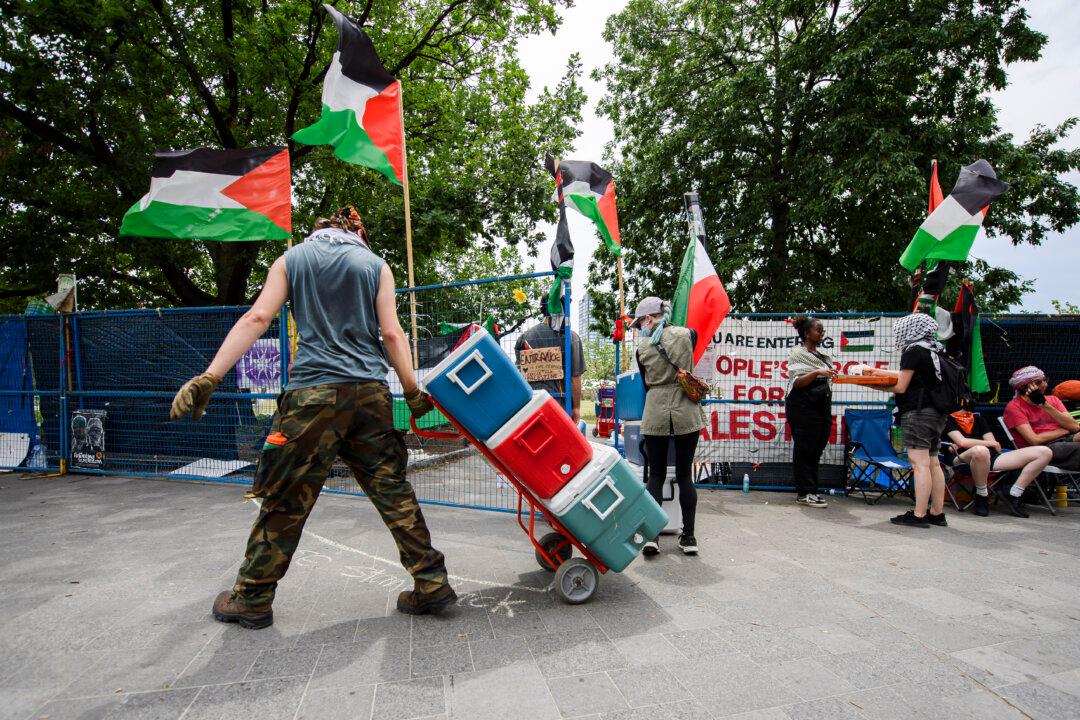Commentary
As the last pro-Palestine encampments are being removed from universities in Canada, it’s time for lawmakers to have a discussion about what constitutes a legitimate form of protest and what doesn’t.

As the last pro-Palestine encampments are being removed from universities in Canada, it’s time for lawmakers to have a discussion about what constitutes a legitimate form of protest and what doesn’t.